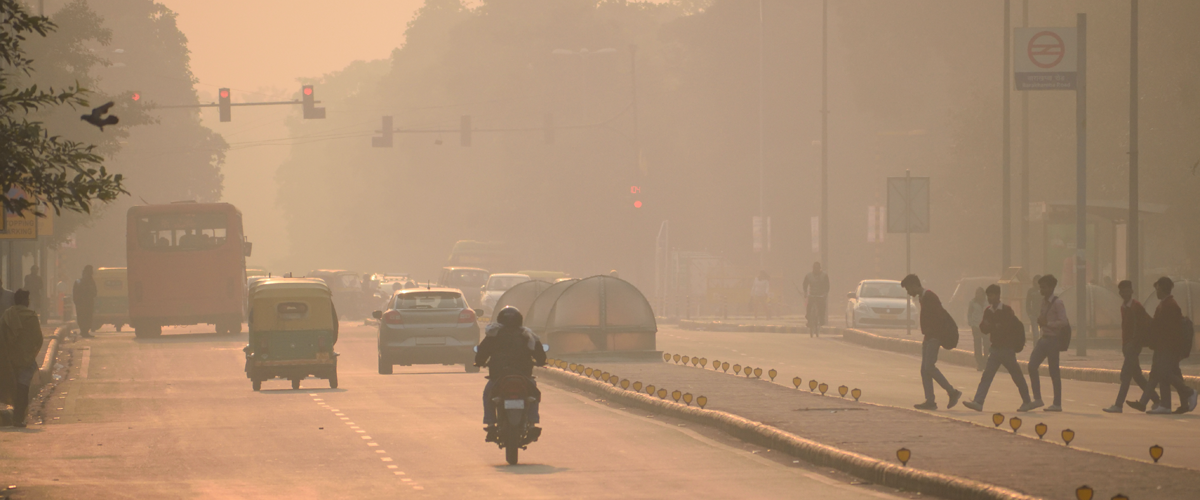With election season approaching, Mumbai’s green groups are taking an urgent stand, urging political candidates to prioritise climate action and environmental preservation in their agendas. NatConnect Foundation, alongside other environmental advocacy groups, has issued a public call to hold poll contenders accountable, demanding clarity on how they plan to tackle critical issues like wetland conservation, mangrove preservation, pollution control, and sustainable urban planning.
The demand underscores a growing public concern, especially as Mumbai faces challenges stemming from unbridled urbanisation, which is straining the city’s natural resources and directly affecting the health of its residents. “The city has borne significant environmental setbacks due to relentless infrastructure and real estate development,” said NatConnect’s Director. “It’s high time lawmakers commit to serious environmental accountability.”
Statistics underline the urgency of these demands Mumbai’s air quality index regularly breaches safe levels, partly due to rampant construction activities and vehicular emissions. The rise in PM2.5 levels has raised health concerns, particularly for vulnerable populations such as children and the elderly. Godfrey Pimenta of the Watchdog Foundation emphasised the need for stringent dust control measures at construction sites, as well as a shift towards eco-friendly alternatives like electric vehicles.
Beyond air pollution, activists are rallying for the preservation of Mumbai’s delicate coastal ecosystems, which have been adversely impacted by ongoing development projects. Groups like Sagar Shakti, led by Nandakumar Pawar, have advocated for an environmental clearance monitoring system, ensuring project compliance with conservation commitments. “Unchecked destruction of wetlands and mangroves under development projects has severely impacted local biodiversity,” Pawar said, noting that wetlands act as natural flood buffers, crucial to Mumbai’s resilience in the face of extreme weather events.
Further, environmentalists have pressed the Election Commission of India (ECI) to minimise poll duties for officials monitoring environmental compliance, so they can continue their oversight on vital green matters. During previous election cycles, crucial environmental checks were overlooked as officials were diverted for election tasks. Pimenta also highlighted the growing pollution of Mumbai’s coastal waters, with untreated waste and plastics contributing to health hazards, including the accumulation of microplastics in local fish. As studies increasingly link plastic consumption to carcinogenic effects, activists are calling for public health protection through stricter waste management policies.
The message from environmental groups is unequivocal: Election candidates must demonstrate concrete environmental action plans. As Jyoti Nadkarni from Kharghar Hills and Wetlands group said, “If the city’s expansion lacks a sustainable blueprint, we risk irreparable ecological damage and an unsustainable future.” Environmental advocates are keen on seeing parties’ manifestos include enforceable strategies for pollution reduction, green space preservation, and sustainable development, calling this a pivotal moment for Mumbai to commit to a greener, healthier future.


